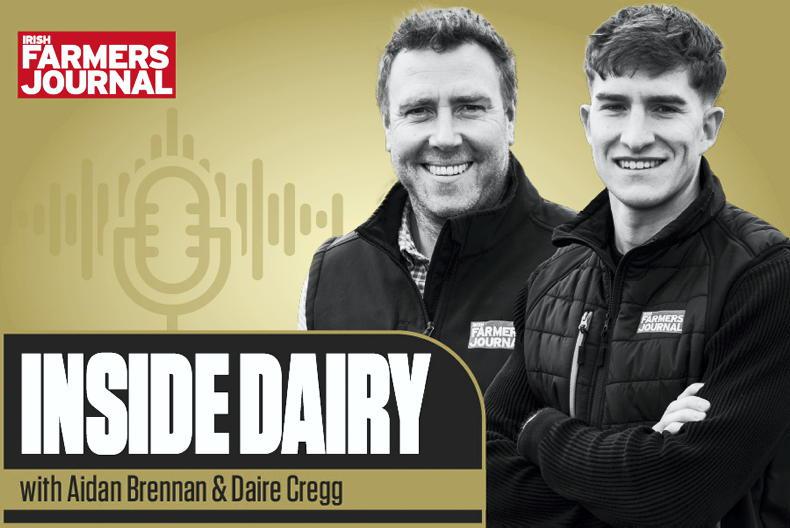I was going to begin my column this week bemoaning the blight of buttercups – that’s still going to happen but who wants to start with moaning?
So, the first bit of exciting equestrian news to share is that two truly innovative minds in equine welfare are launching a new free podcast. There’s very little in the welfare space in terms of podcasts. To have Co Laois’s Dr Meta Osborne, equine vet, thoroughbred breeder, non-executive director of the Irish National Stud and passionate horse welfare advocate join forces with Australian equine welfare researcher and founder of Just Equestrian Solutions, Dr Karen Luke – it can only mean great things in my book.
The dictionary definition of welfare is simply ‘physical and mental health and happiness’. There was a time when the mention of welfare caused an eye-roll or an instant association with the “fluffy” or the radical. Not so now it seems: there are more and more conversations and innovations as reported in last week’s column, and no matter what the push has been; media spotlight, social licence, societal shifts, welfare is firmly at the top of many agendas. I’m convinced this new podcast Changing Rein will be central to discussion and debate globally.
Buttercup hell
Now to the yellow menace. Colourful yes, helpful no: the woeful wet weather of recent years has not been helping the equine farmer’s battle with the perennially aggressive buttercup. Not an easy weed to control. I’ve stood in the halo of creeping buttercup hell this year, wondering how to fight them off without the use of herbicides.
Buttercups are also toxic to your horses if eaten but generally, they will avoid them if other forage is available
My intentions are to try to farm horses as environmentally sympathetically as I can. I have a lot to learn. I’m turning to advice from a number of sources and have recently signed up as a member of The Nature Friendly Farming Network. An incredibly warm collection of knowledgeable people with a strong voice for sustainable food and farming in the UK.
Found mainly in grazing swards, buttercups love wet soil and low-lying fields and if left to establish can replace, restrict and reduce your grass growth. Buttercups are also toxic to your horses if eaten but generally, they will avoid them if other forage is available. However, if harvested in hay or haylage, they don’t cause harm as the drying process tends to eliminate the toxic agent.
Dense leafy swards of grass will always win the duel for growth over the buttercups. It’s another reminder that soil testing and suitable pH is vital for your equine farm. I have failed in controlling buttercups without herbicides this year. The best way to beat them is good grassland management – easier said than done, but next year it’s me versus the yellow peril and I am determined to win.









SHARING OPTIONS